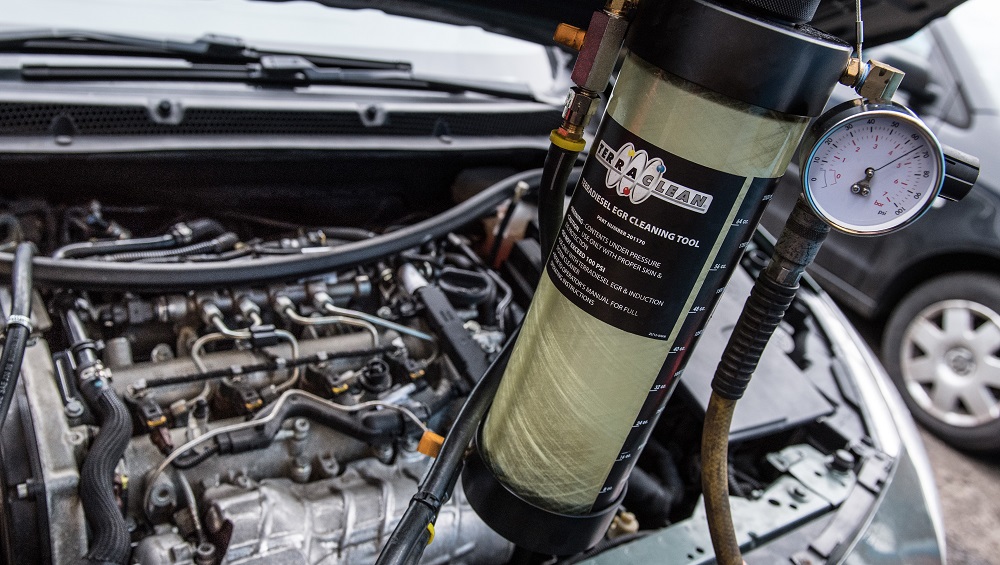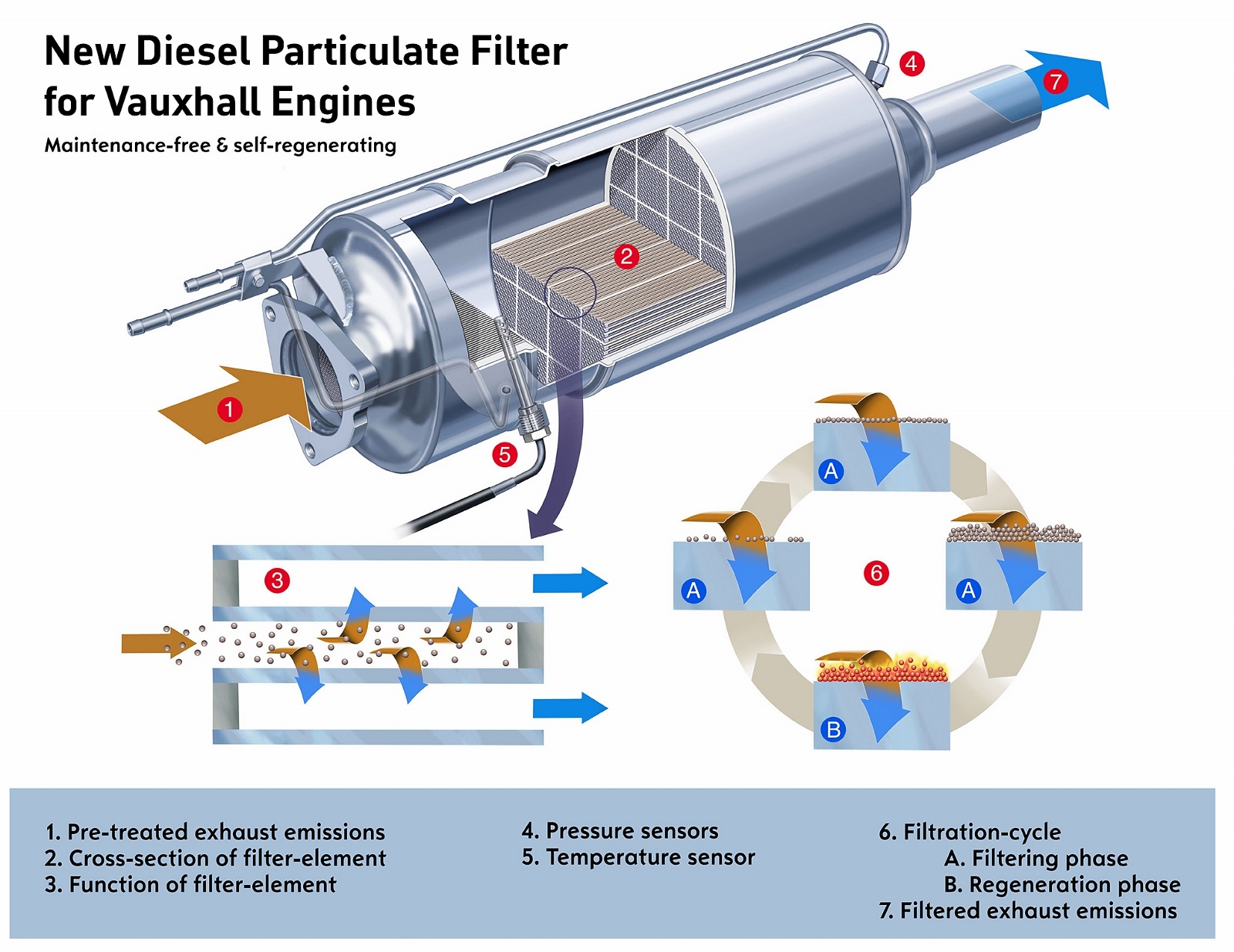Low battery
Battery level is below 20%. Connect charger soon.
Vauxhall Astra Diesel Particulate Filter Problems Every Driver Needs To Watch For
The Vauxhall Astra, a stalwart of the British roads, has consistently offered drivers a reliable and practical motoring experience. However, like all modern diesel vehicles, Astra models equipped with a Diesel Particulate Filter (DPF) are susceptible to specific problems. Understanding these issues and knowing the warning signs is crucial for maintaining your Astra’s performance, fuel efficiency, and ultimately, its lifespan. This article will delve into the common DPF problems experienced by Vauxhall Astra owners, empowering you with the knowledge to proactively address potential issues.
What is a Diesel Particulate Filter (DPF) and Why Does My Astra Have One?
Before we explore the problems, let’s briefly understand the function of a DPF. This filter, nestled within the exhaust system, is designed to trap soot (particulate matter) produced by diesel engines. This process significantly reduces harmful emissions, contributing to cleaner air and compliance with stringent environmental regulations. Since roughly 2009, most modern diesel vehicles, including the Astra, have been fitted with DPFs.
Common Vauxhall Astra DPF Problems: Signs to Watch For
Several telltale signs can indicate your Vauxhall Astra’s DPF is experiencing problems. Recognizing these early warning signals is vital to prevent more serious and costly repairs. Here’s what to look out for:
- Reduced Engine Performance: A clogged DPF restricts exhaust flow, leading to a noticeable decrease in engine power, especially during acceleration.
- Increased Fuel Consumption: The engine may work harder to compensate for the restricted exhaust, resulting in lower fuel economy.
- Black Smoke from the Exhaust: This can indicate incomplete combustion and a struggling DPF.
- Warning Lights on the Dashboard: The most common indicator is the DPF warning light (usually a symbol resembling a small exhaust pipe). You may also see other warning lights, such as the engine management light (EML).
- Rough Idling: A blocked DPF can interfere with the engine’s smooth operation, causing the car to idle roughly.
- More Frequent Regeneration Cycles: The DPF attempts to clean itself through a process called regeneration. If regeneration occurs more often than usual, it could signify a problem.
- Unusual Smells: A burning smell or a distinct diesel odor can sometimes accompany DPF issues.
Understanding DPF Regeneration: The Key to Prevention
The DPF automatically attempts to clean itself by burning off trapped soot in a process called regeneration. This process typically occurs when the engine reaches a specific temperature and the exhaust flow is sufficient. However, certain driving habits can hinder regeneration, accelerating the build-up of soot and increasing the likelihood of problems.
- Active Regeneration: This occurs automatically during normal driving, typically at higher speeds for extended periods.
- Passive Regeneration: Requires higher exhaust temperatures, often achieved through motorway driving.
- Forced Regeneration: This is a manual process, usually performed by a qualified mechanic using diagnostic equipment. This is often necessary when passive or active regeneration is unsuccessful.
Factors That Contribute to Vauxhall Astra DPF Problems
Several factors can contribute to DPF issues in your Vauxhall Astra:
- Short Journeys: Frequent short trips at low speeds don’t allow the DPF to reach the necessary temperature for effective regeneration.
- Stop-Start Driving: This type of driving further hinders regeneration, as the engine doesn’t have enough time to reach optimal operating temperatures.
- Poor Fuel Quality: Using low-quality fuel can lead to increased soot production, overwhelming the DPF.
- Faulty Components: Problems with the engine’s fuel injectors, EGR valve, or turbocharger can result in excessive soot production and DPF clogging.
- Driving Style: Avoid excessive idling and frequently revving the engine unnecessarily.
Maintaining Your Vauxhall Astra’s DPF: Proactive Steps
Taking proactive steps can significantly reduce the risk of DPF problems:
- Regular Motorway Driving: Aim for regular journeys at higher speeds (above 40 mph) for at least 20-30 minutes to allow for passive regeneration.
- Use Quality Fuel: Opt for reputable fuel brands to minimize soot production.
- Address Other Engine Issues Promptly: Get any engine-related problems, such as faulty injectors or EGR valves, fixed immediately.
- Follow Servicing Schedule: Adhere to your Vauxhall Astra’s recommended service intervals, including oil changes and air filter replacements.
- Be Mindful of Driving Habits: Avoid excessive idling and prolonged low-speed driving.
- Consider DPF Cleaning: Professional DPF cleaning can help remove accumulated soot and restore filter efficiency.
Diagnostic Procedures for DPF Issues
If you suspect a DPF problem, a qualified mechanic will typically perform the following:
- Visual Inspection: Examining the DPF for physical damage.
- Diagnostic Scan: Using diagnostic equipment to read fault codes and assess the DPF’s condition.
- Pressure Testing: Measuring the pressure differential across the DPF to determine if it’s blocked.
- Forced Regeneration: Attempting a forced regeneration to clear the soot.
- DPF Cleaning: If the DPF is not severely damaged, a professional cleaning might be recommended.
- DPF Replacement: In severe cases, a DPF replacement might be necessary.
Conclusion: Protecting Your Vauxhall Astra’s DPF
Understanding the potential DPF problems in your Vauxhall Astra and taking proactive steps to prevent them is crucial for maintaining your car’s performance, fuel efficiency, and longevity. By being aware of the warning signs, adopting appropriate driving habits, and addressing any underlying engine issues promptly, you can minimize the risk of costly repairs and ensure your Astra continues to deliver a reliable and enjoyable driving experience. Remember to consult a qualified mechanic for any DPF-related concerns.
FAQs about Vauxhall Astra Diesel Particulate Filter Problems
1. How often should my Vauxhall Astra’s DPF regenerate?
The frequency of regeneration depends on your driving habits. If you primarily drive on motorways, regeneration might occur less frequently. However, if you predominantly drive short distances, regeneration might occur more often, perhaps every few hundred miles. The car’s computer will manage the regeneration process.
2. What should I do if the DPF warning light comes on?
The first thing to do is to take your Astra for a drive at higher speeds (above 40 mph) for at least 20-30 minutes. This can often initiate a passive regeneration cycle. If the light persists, it’s best to consult a mechanic.
3. Can I clean my Vauxhall Astra’s DPF myself?
While some aftermarket DPF cleaning products are available, it’s generally recommended to have your DPF professionally cleaned. Professional cleaning methods are more effective and less likely to cause damage. DIY cleaning can sometimes exacerbate the issue.
4. How much does it cost to replace a Vauxhall Astra DPF?
The cost of DPF replacement can vary depending on the Astra model, the supplier, and labor costs. However, expect to pay a significant amount, often several hundred pounds.
5. Can I remove the DPF from my Vauxhall Astra?
Removing the DPF is illegal in many countries, as it violates emissions regulations. It can also lead to MOT (Ministry of Transport) failures and potential fines. It’s not a recommended practice.




